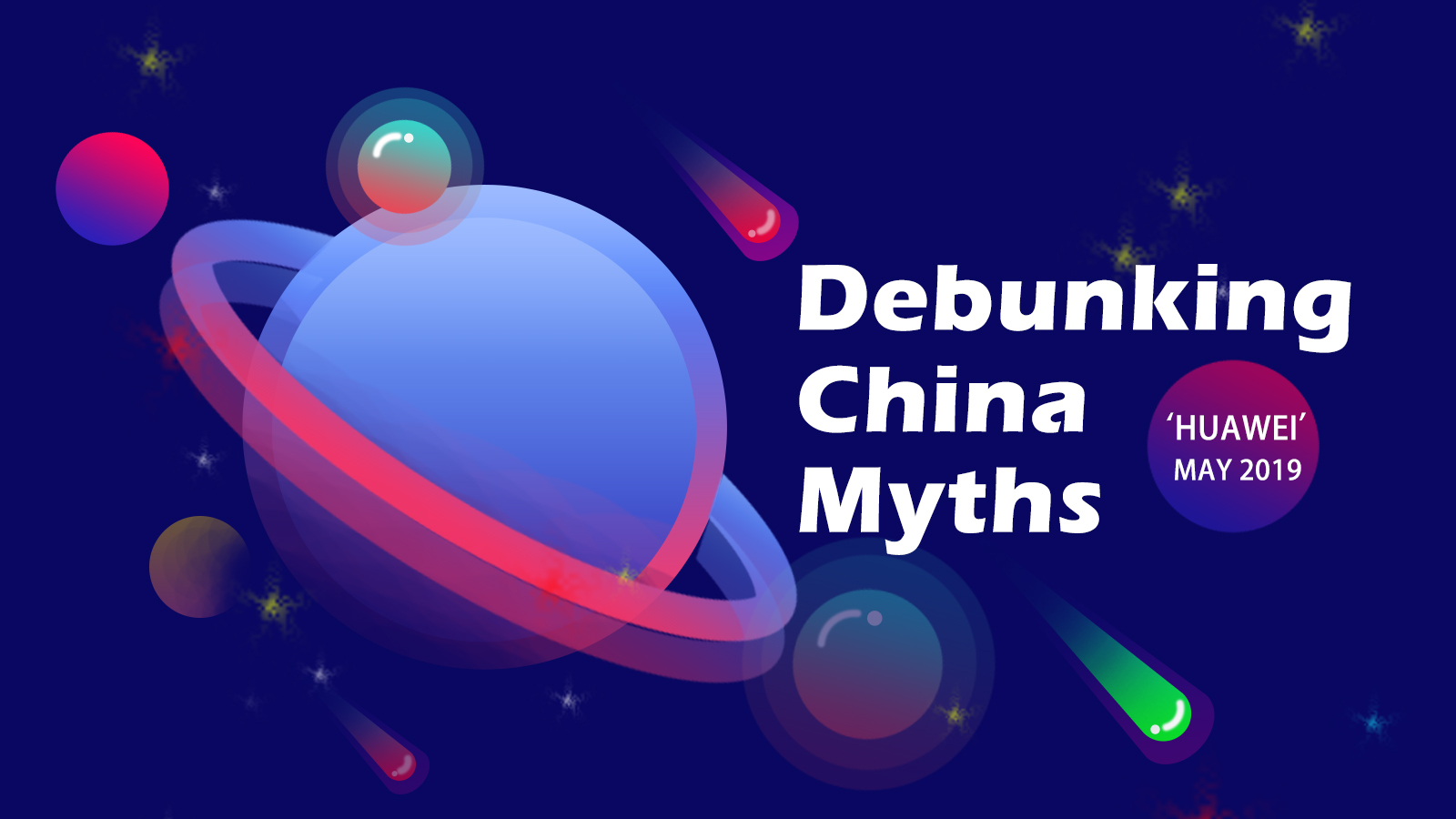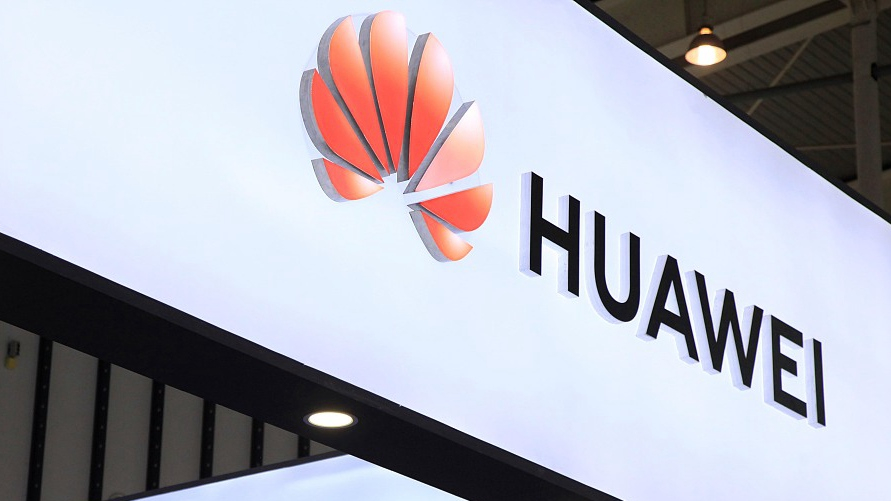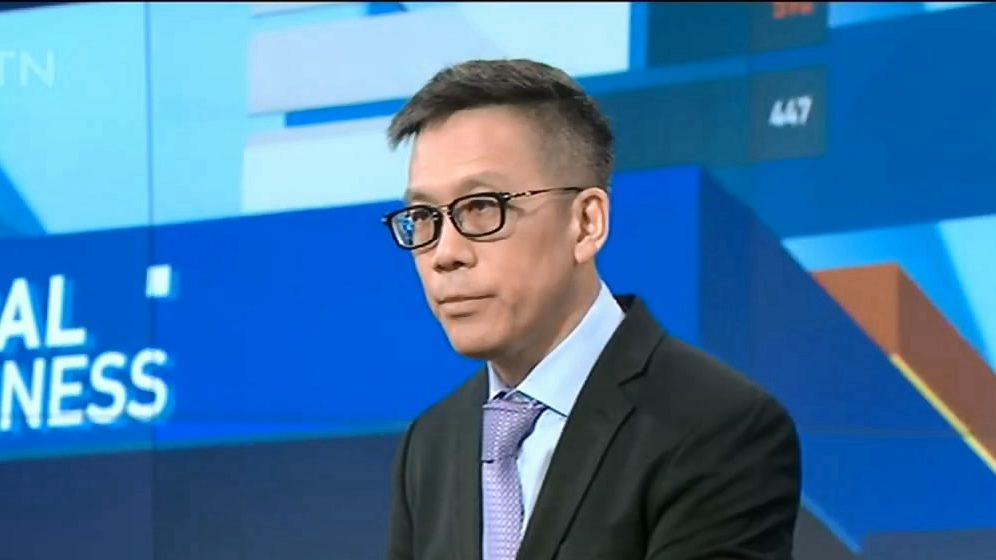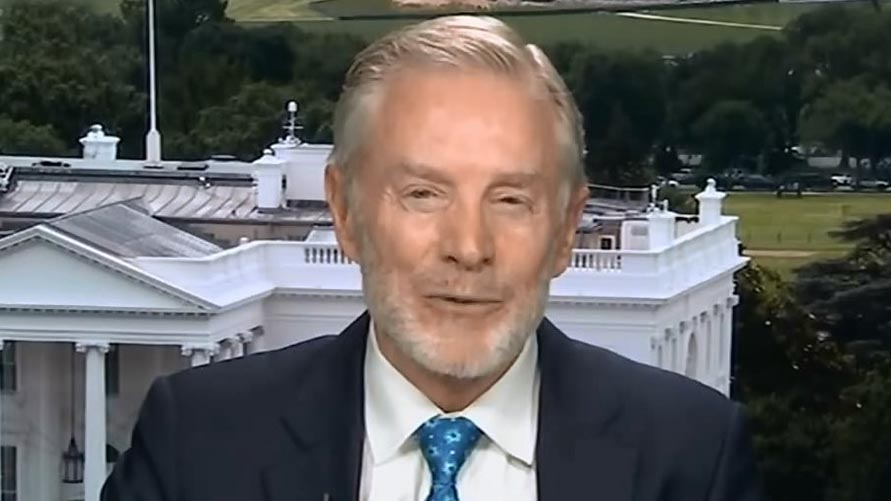
Biz Analysis
20:38, 01-Jun-2019
Debunking China Myths: Is Huawei a cyber threat or a promising contender?
Wang Yue
01:18

The U.S. Commerce Department on May 15 added Huawei to its "Entity List," which prohibits the company and its 70 affiliates from buying technology and components from American firms without the U.S. government's approval.
Andy Mok, a non-resident fellow at the Center for China and Globalization, said this move was "regrettable" but not surprising as the U.S. is acutely sensitive to any perceived threats to its dominance on technological superiority. However, he still expressed hope that the U.S. would adjust its extreme position on Huawei.
07:19

Not in the self-interest of Huawei to be a cyber threat
From a pure business perspective, to be a cyber threat could crush the company's reputation and its revenues, which is not in the self-interest of Huawei, Mok argued.
"The U.S. is acutely sensitive to any perceived threats to its dominance. On the foundation of its dominance, it sees technological superiority. So anything that can close the gap between the U.S. levels of technology and that of other countries, I think is a threat," the fellow stated.
Huawei announced by end-March it had signed 40 commercial 5G contracts with carriers and shipped more than 70,000 5G base stations to markets around the world. The company's first-quarter revenue rose by 39 percent to 179.7 billion yuan (about 26.8 billion U.S. dollars) with an eight-percent net profit margin.
"Huawei has advanced so quickly and has established technology leadership and the entire 5G value chain. I think it's regrettable, but perhaps not surprising that the U.S. would be concerned about Huawei," Mok said.
And he considered the ban as a mirror imaging action – a psychological phenomenon happening in any type of competitive situation, meaning that "if you have a very aggressive strategy, when you look at an opponent or a potential opponent, you think they must have a very aggressive strategy as well."
He said that in the world of cybersecurity, the U.S. has been "one of the most active and the most aggressive countries.
"And I think because of that, whether there's a threat or not from a potential adversary, they will tend to see this as a threat, because they're going to do something that we do," Mok explained.

Andy Mok, a non-resident fellow at the Center for China and Globalization. /CGTN Photo
Andy Mok, a non-resident fellow at the Center for China and Globalization. /CGTN Photo
Vigilant watch better than extreme ban
"The truth is no system is secure and all technology equipment has vulnerabilities, whether that's an American system, whether that's Ericcson, Nokia or Samsung," Mok commented, appreciating European countries' measures – to cooperate and keep a vigilant watch instead of a direct ban.
"The British are doing a very good job of this: Let's not ban any particular country's equipment, but let's be very vigilant to watch," Mok raised an example.
And London is not the only one to choose a different path than Washington. Jin Yong, the CEO of Huawei's Spanish Operations, recently announced that the company has signed 5G deployment agreements with several Spanish telecom carriers.
French President Macron recently welcomed Huawei technologies to France. And Bruno Bonnell, a French technical expert believed that "Huawei's existence in France is a cooperative partner."
And Huawei's Chief Digital Transformation Officer Edwin Diender said at the just concluded Startup Village meeting in Moscow that Huawei has signed deals with Russia, mainly focusing on 5G network and artificial intelligence.
02:25

Will the U.S. change its extreme position on Huawei?
Andy Purdy, chief security officer at Huawei Technologies in the U.S., recently told CGTN that the worst case scenario would not be really bad for Huawei, "but might be more harmful to the global community that might lose out on the potential innovation we can contribute."
He also stressed that Huawei and its customers and suppliers expected a dialogue with the U.S. government. However, Washington hasn't been responsive in terms of engaging in some substantive talks with Huawei.
"Some of our customers and suppliers have very strong interests in working out the situation with the U.S. government. We hope the U.S. government would be willing to talk with us. We expect the government would be willing to talk with our customers and suppliers as well," Purdy added.
Mok is concerned that a too aggressive position might turn perception to reality.
"In international relations, a lot of times perception becomes reality, meaning that the other side is not really a threat, but if you see them as a threat and treat them as a threat, sometimes that becomes again a reality," he explained.
But Mok still kept guardedly optimistic that the U.S. government would change its position on Huawei.
"From two perspectives, first, the White House recently said Huawei is dangerous and subsequently immediately said they could put them as part of a trade deal. That is mutually exclusive. I think that creates a little bit of cause for optimism that this can be resolved," he explained.
"The second cause for optimism is that a lot of stakeholders that are being hurt by this blanket policy are only starting to speak up. The countries that can adopt 5G more quickly stand to benefit. As some of the implications of this become clear, the U.S. will adapt and adjust its extreme position on Huawei," Mok told CGTN.

SITEMAP
Copyright © 2018 CGTN. Beijing ICP prepared NO.16065310-3
Copyright © 2018 CGTN. Beijing ICP prepared NO.16065310-3